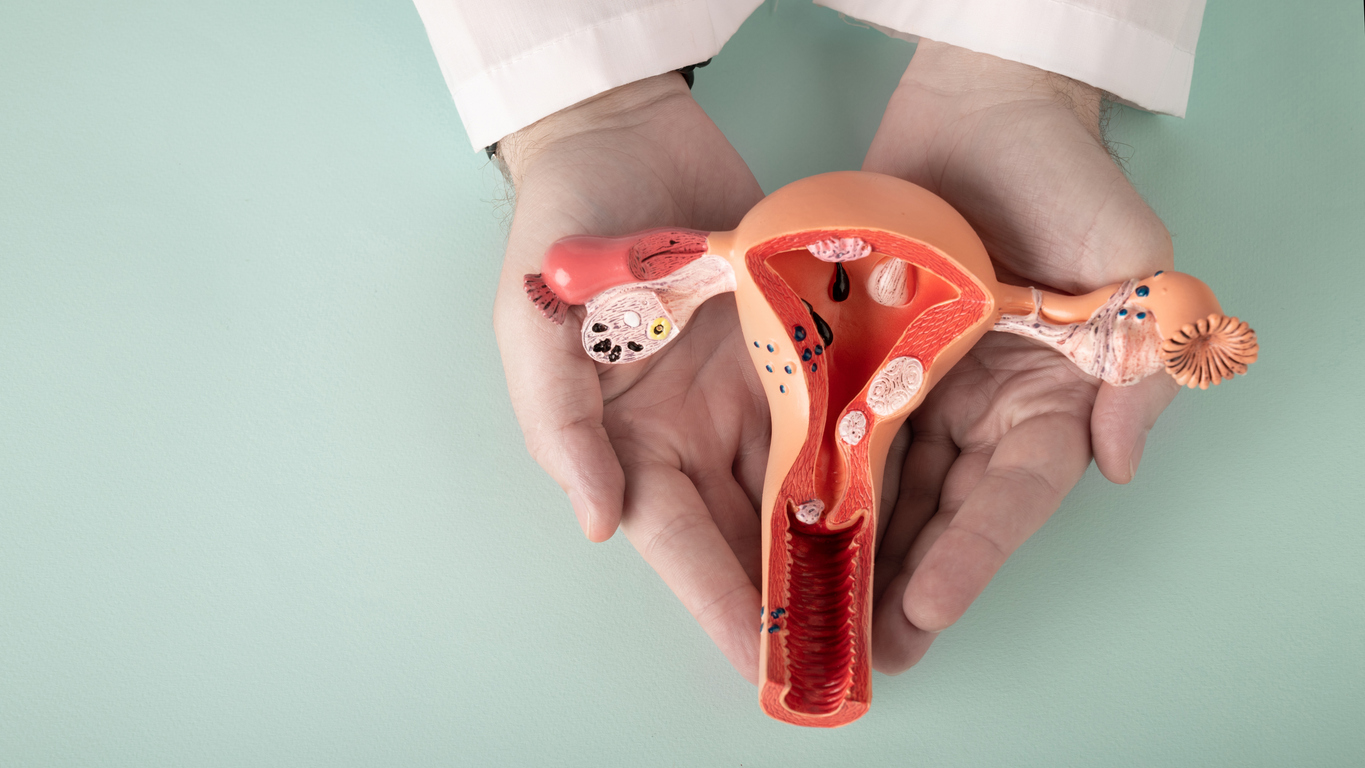2024-03-14
The IL-23/Th17 axis in the pathophysiology of endometriosis
Gynecology
Source(s) :
Danielle J Sisnett et al. The Dysregulated IL-23/TH17 Axis in Endometriosis Pathophysiology. J Immunol. 2024 Mar 11:ji2400018. ;

Last press reviews
Vaccine vs. SMC: rivals or partners?

#MalariaVaccine #R21MatrixM #Malaria #Vaccination #SMC #InsecticideTreat...
A race against time for a vaccine?

#PfSPZ #Vaccination #Malaria #Immunogenicity <br><br><br>...
Birch allergy: could one shot change everything?

#AllergicRhinoconjunctivitis #IgG4 #Allergoid #BirchPollen #Immunotherap...